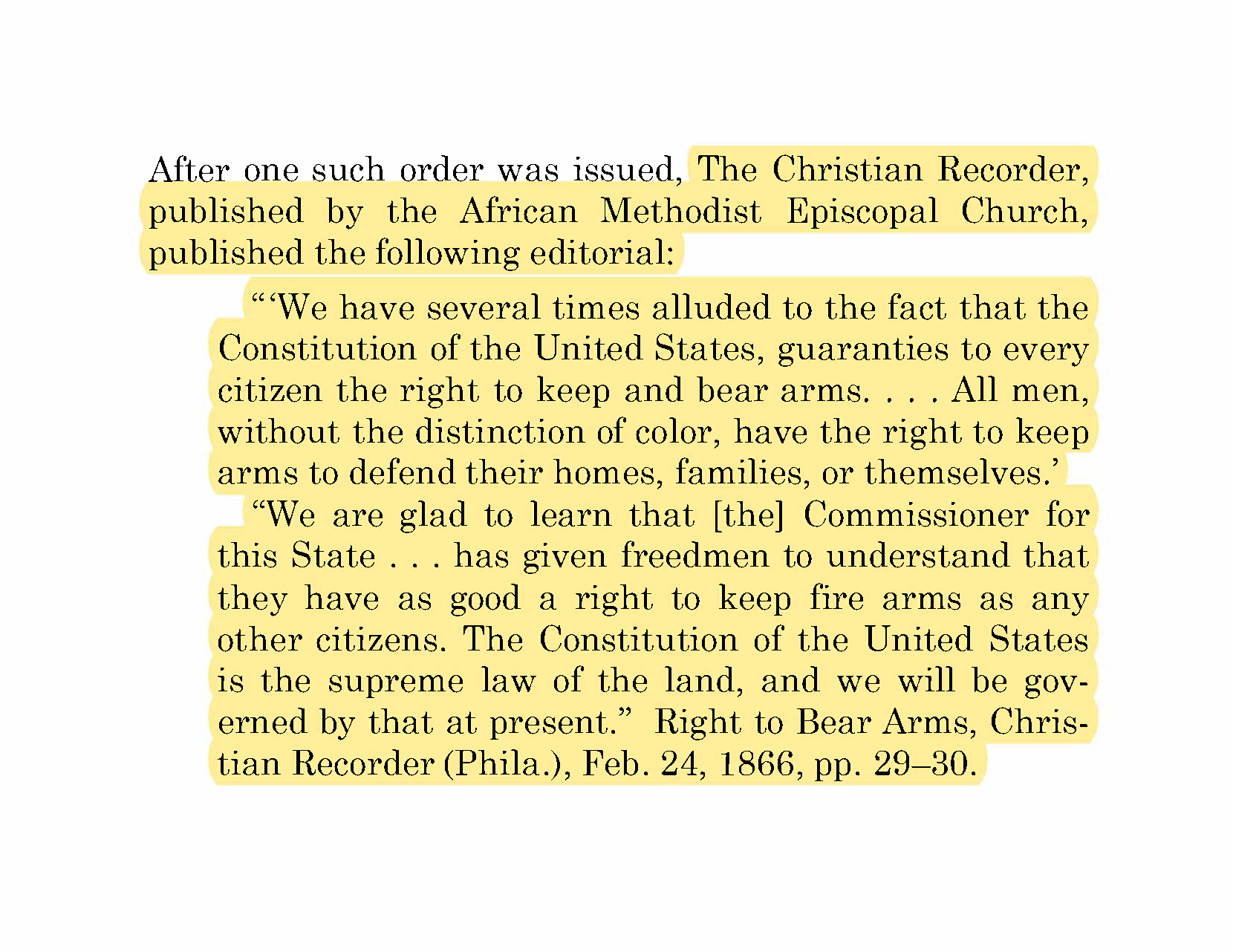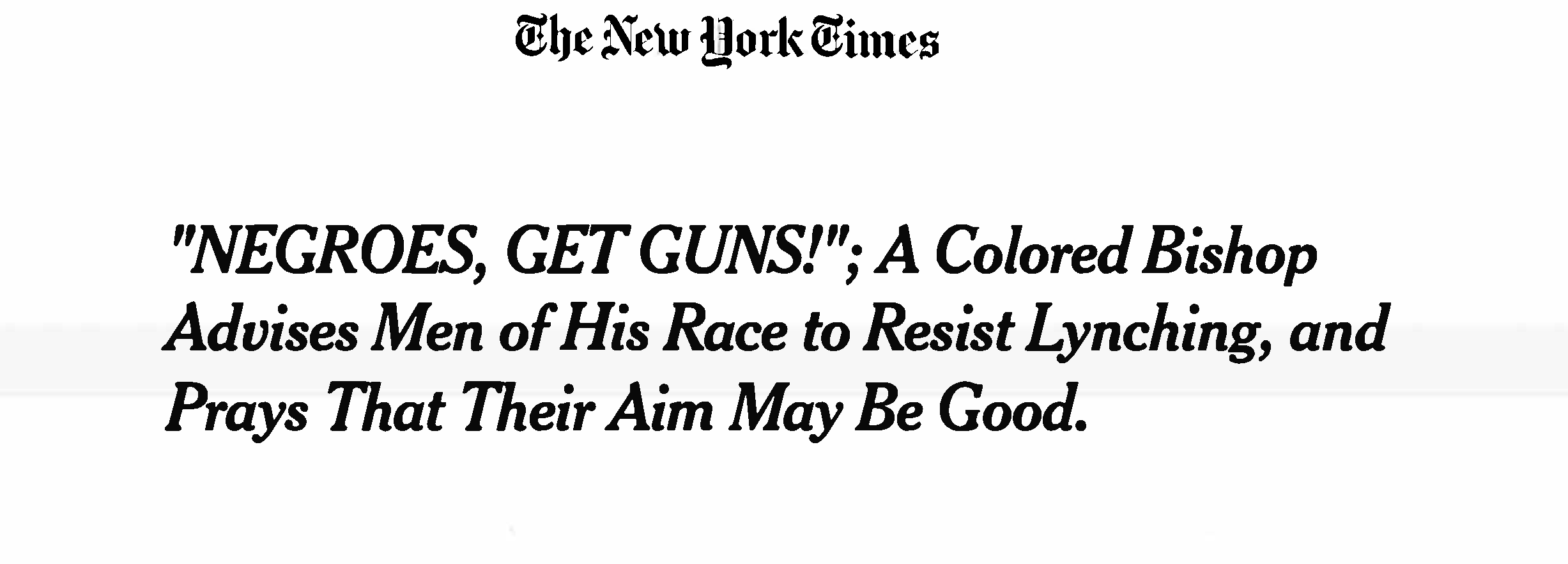Enough.
Since Christmas Day, two tragic shootings have occurred in Chicago and Denver, respectively, that have caught my attention. In reading the local news reports, the characterizations of those shootings could not be farther apart. In one instance, the community seems stunned and heartbroken, while the other seems numb to the violence.
First, let me say that this essay is not about gun violence or the pathologies at its root. Rather, I want to expose the anti-Black underpinning around the media narratives that seem intended to paint Black people as uncontrollable criminals. In a concerted effort to pivot away from the policy about criminal justice reform to a focus on gun control and the justifications for policing in urban environments. It is not lost on me that many of these cities and communities are run by Black mayors, police chiefs, or progressive policymakers, but that is a discussion for another time.
As you may recall, for most of 2020, the mantras and slogans we heard in the press and on the streets was a tiredness of the police brutality and the gratuitous violence against Black bodies ending with a campaign to "defund the police."
Initially, I planned to focus solely on the impact of gun control policy and its inherent bias against Black people. But the recent announcement by the Justice Department closing its case investigating the 1955 abduction and brutal murder of Emmett Till, coupled with the Kyle Rittenhouse verdict and the Kimberly Potter trial and verdict, broadened my thinking of "being and agency." Specifically, I have started to think more about this gratuitous cycle of violence and its portrayal in the media. Thinking about these three disparate cases, I want to start with one question - what does self-defense mean for Black people?
But, to answer this question, it's crucial to contextualize this notion of armed self-defense. So, before delving deeper, let's imagine for a moment – what if Emmett Till, in 1955, would have defended himself? Would the outcome be different?
While you may have answered, hell no, let's build on this further by providing some broader background on the idea of armed self-defense and even the Second Amendment.
"A well regulated Militia, being necessary to the security of a free State, the right of the people to keep and bear Arms, shall not be infringed."
The History of Armed Self-defense
The tradition of armed self-defense by Black people is probably most famously associated with a North Carolina activist named Robert F. Williams. As president of the Monroe chapter of the NAACP, Williams led the fight for freedom, justice, and equality for Black people in the small town of Monroe outside of Charlotte, North Carolina. Williams took up arms because he wanted to protect his person, family, and community.
In his book, Negroes with Guns, he retells numerous accounts of law enforcement abandoning their duty to protect Black people in Monroe. One account, in particular, demonstrates the bravery of the armed Black men and women in a faceoff with the Klan. Williams' philosophical underpinning around armed self-defense was a means to an end in the fight for Black liberation.
His politics is perhaps described as Black radicalism on full display, underscoring a philosophy of armed self-defense and economic empowerment, which inspired the political thought of the Black Power Movement and the Black Panther Party.
This idea of armed self-defense is not unique to a radical Black tradition like Williams, Malcolm X, or Huey P. Newton.
For example, in 1866, the Christian Recorder, the publication of the African Methodist Episcopal (AME) Church, defended a policy of armed self-defense, writing:

And, in a speech in 1897 against the reign of terror against Black people across the South, advocating for armed self-defense, AME Bishop Henry McNeal Turner made the front page of the New York Times in which the headline seemed to mock his call-to-action as some sort of lunacy.

Frederick Douglass to Ida B. Wells Barnett advocated for armed self-defense.
Wells-Barnett is known as saying:
"A Winchester rifle should have a place of honor in every black home, and it should be used for that protection which the law refuses to give."
Even those in the Civil Rights Movement - Mississippi Freedom Movement - were "tired" of the disrespect to Black bodies and used armed resistance.
But to understand why there was a need for armed self-defense for Black people, we need to understand the existential threat against Black bodies and the caricature of Black people as "other."
Now, back to the question, I asked earlier about Emmett Till, imagine now if Emmett Till had the agency of Robert F. Williams.
The Second Amendment and Black People
A few months ago, I read historian Carol Anderson's book, The Second Amendment: Race and Guns in a Fatally Unequal America. She posits that the Second Amendment is rooted in anti-Blackness in its historicity and application. While I see the issues that she points out, I'm taking a slightly different approach in this essay; for Black people in the early part of the Republic to protect their person, family, and community, the very principle of armed self-defense was critically important. However, if your very humanity – your existence, your being - is questioned, how can the idea of armed self-defense ever be in reach?
Beyond the white secret societies or the Founders/policymakers and other white people of the time questioning the being of Blackness, the Fourth Estate, those publications meant to hold our government accountable played a central role in Black people's dehumanization. Newspapers were not only complicit, but they perpetuated an element of fear that ultimately justified laws to prevent Black people from protecting themselves.
Beware: Narrative Setting is Always Central
The way media narrative is always crucial and as we think about today, let's look at where we are in this conversation about the rise in crime.
After weeks of protests, activists homed in on a message calling for "defunding the police." It drew criticism from across the political spectrum, but suddenly, we started to see a shift in the media's portrayal of crime. It was less about the brutality of Black bodies, but the shift was a highly focused narrative set on the rising crime in urban environments even when the actual statistics are similar to previous years. There was a consistent stream of articles about the rise in crime or gun purchases in major newspapers. And yes, the rise in crime articles were Black bodies, Black-on-Black crime, and the violence highlighted failed to emphasize or even scratch the surface of the pathologies at the root of gun violence. Isn't that usually what happens after a person shoots up a supermarket, nightclub, or church? We try to understand their psychology, home life, what drove them to this violence. That doesn't happen with Black-on-Black crime, for Black people are, of course, prone to be criminals - right? I mean, they aren't human.
In my view, this media narrative setting is an effort to reframe the debate situated toward criminal justice reform and to provide an alternative narrative to the "defund the police" narrative by painting Black people as hardened criminals who need policing.
We've seen the media create these caricatures and this scaremongering before, often starkly different from reality. After the Reconstruction Amendments, Black people were clear about how the news media would spin things. So, you saw outlets like the Christian Recorder express the concern about Black bodies in 1866 and advocate for armed self-defense. And, yes, with the rise of lynching, Bishop Henry McNeal Turner used revolutionary rhetoric to tell "Negroes to get your guns," which caused the New York Times to sensationalize his speech. For those who watched Netflix's Crack: Cocaine, Corruption & Conspiracy, we saw this same effort by the news media before the 1994 crime bill.
Let me be clear, I am not dogging any facts, arguing for a laissez-faire set of policies around guns, or for a society where people are not held accountable, nor am I trivializing gun violence or mass shootings in this country. Rather, my purpose is to push readers to ask questions about the framing of the media narrative.
Further, I'm questioning the media's role in creating an environment that overhypes and frightens the public and often pushes policymakers into supporting policies rooted in othering Black people.
Do you think Black people will be human in the media in 2022? I am lifting my champagne glass to that existential hope tonight - Peace.
